Tips to Keep Your Dog Fit and Healthy: Your dog is truly the ultimate 4-legged bestie. Your furry friend’s health is highly important for their happiness and longevity. There are habits we should avoid, but there are also great ones we can adopt to improve their long-term health!
Obesity poses serious risks to your dog’s health. So, let’s examine how dog owners can help their pets maintain healthy weight ranges.
Exercise is essential for all dogs
Getting extra activity can help your dog lose weight faster and help it elevate its mental health. Extend your walking sessions or include an extra stroll in your routine to increase your walking duration. If your family members participate, you can easily divide and conquer the daily walk duty. As a family, you may all benefit from spending more time outside playing with your dog.
Avoid Unhealthy Treats
Whether you’re training your dog and looking for ways to reward positive behaviour or getting ready for a lengthy trip, it’s easy to give in to your furry friend’s every wish. On occasion, it’s OK to treat your dog to a snack. Nevertheless, be sure to only feed them foods that aren’t harmful to dogs. You can’t go wrong with little bits of fresh fruit, dental chews, or specialised meat sticks as treats for dogs.
Tips to Keep Your Dog Fit and Healthy: A Healthy Dinner
Dinner is essential for gods, but what you have for dinner isn’t healthy for dogs. Inform everyone in the home about the dangers of feeding leftovers to your dog, as it could lead to weight gain and behavioral issues. Excessive amounts of leftovers for dinner can make your dog gain weight faster, making it susceptible to a range of health conditions.
The Ideal Portion for Dogs
Instead of caving in to its demands, ensure that your canine is receiving the nourishment it needs. Consult your veterinarian or check online to determine your dog’s daily calorie needs. Then, you can plan your meals appropriately. Serving size reduction of 20–30% might be an effective starting point for weight loss in dogs. Monitor your pet’s nutrition levels to ensure they remain sufficient.
A Weekly Weigh-In Is a Good Idea
Your veterinarian can help you establish a weight reduction goal for your dog. A healthy weight loss for your dog should ideally occur gradually over time. Remember, you must aim for healthy weight ranges; too low or overweight cause health issues in dogs. So, a healthy meal plan in the long run is vital for your dog’s overall health.
Keep Monitoring
Maintaining tabs on your dog’s weight is a good idea, regardless of how small you think it is at the moment. If you want to make sure your dog is still healthy after their weight loss programme has concluded, you should check their weight once a month. If you want to keep your dog in peak physical shape for its whole life, you may take advantage of Port Kennedy Vets’ free weight-management clinic.
Call the Port Kennedy Veterinary Hospital team today on 08 6555 5149 or visit our contact page for more ways to get in touch.
Also visit – Perth Kennels for Small Dogs
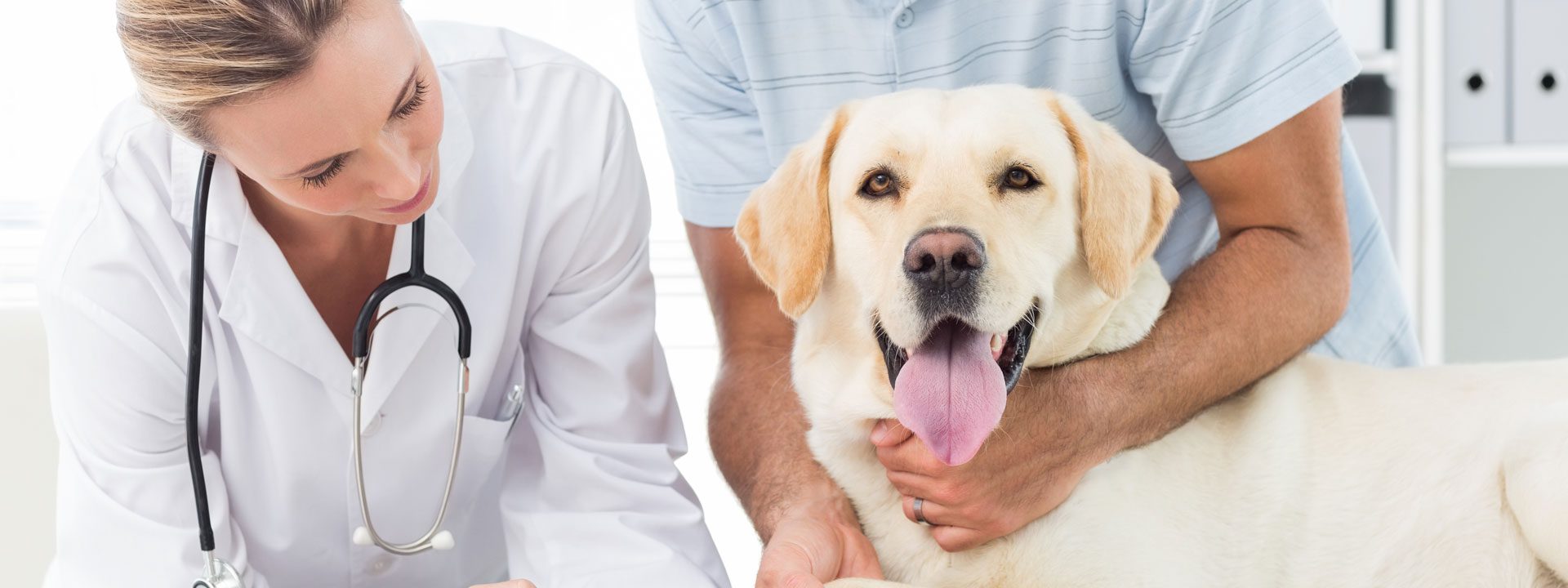
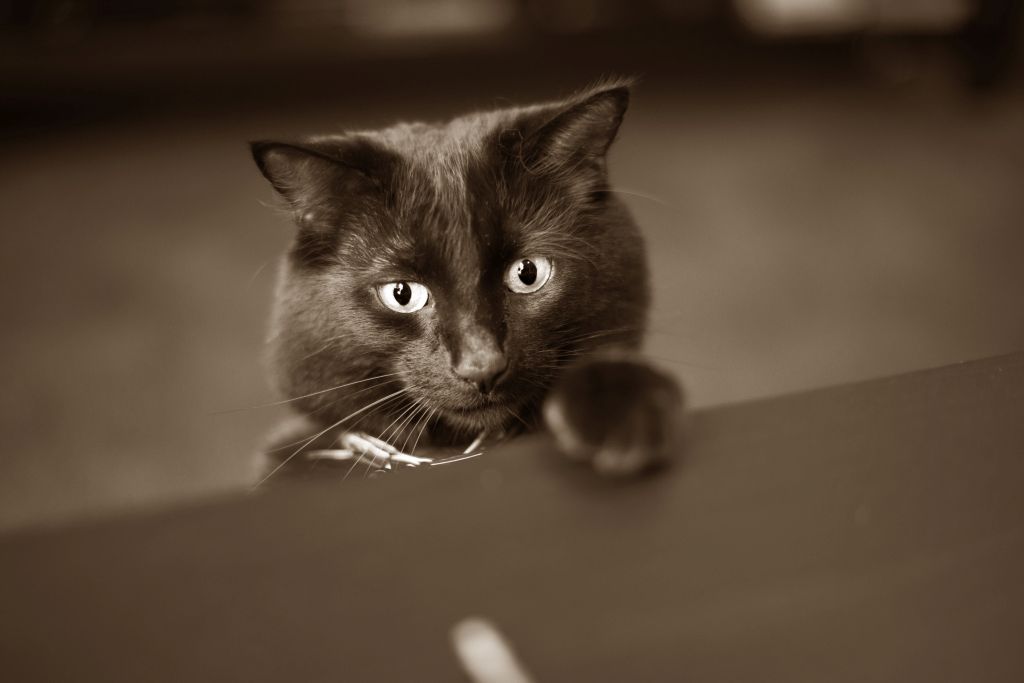
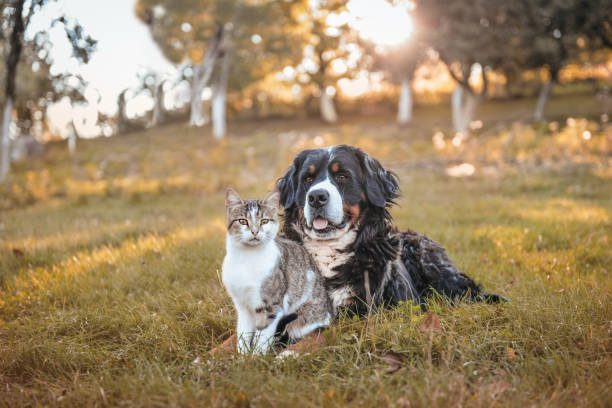
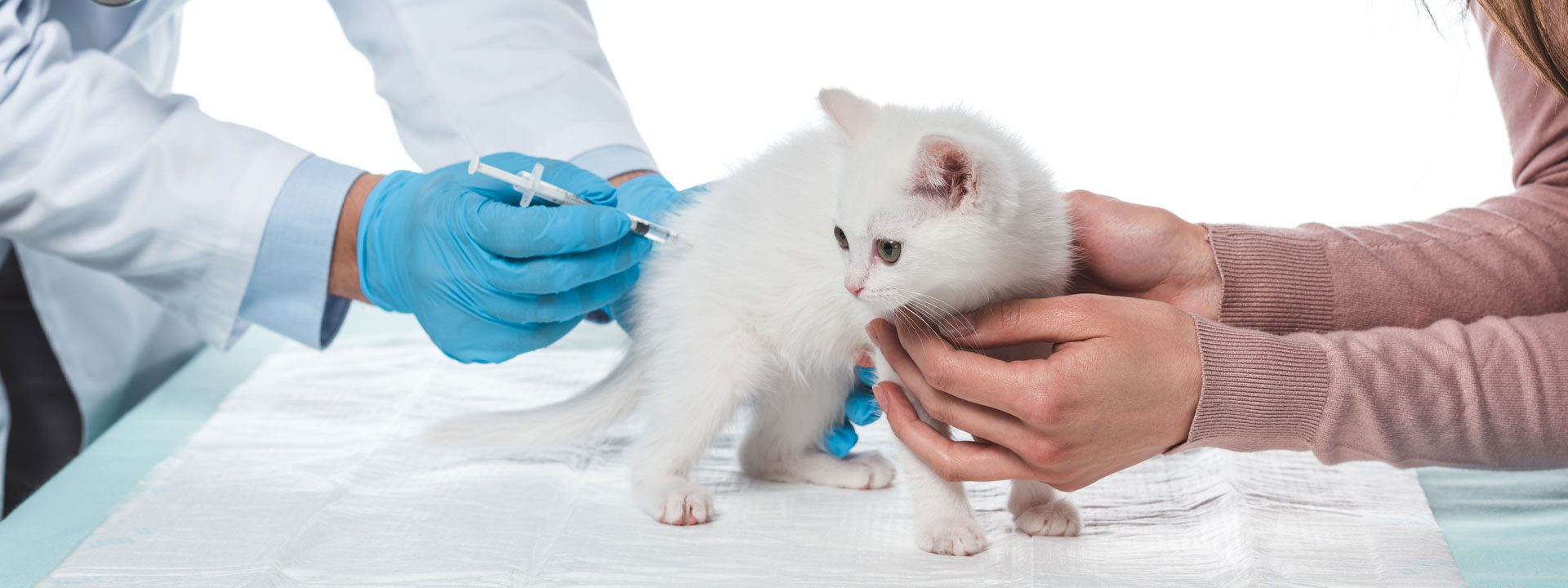
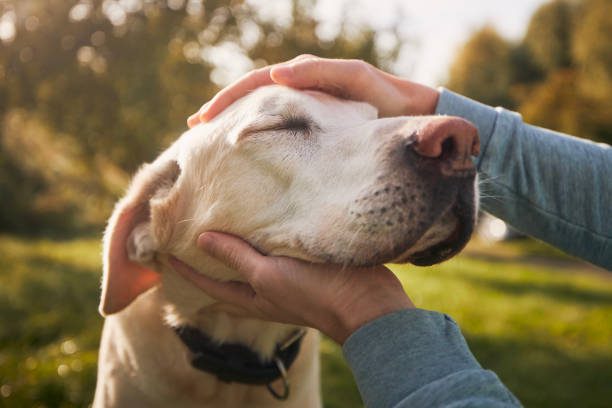

 If you’re a pet owner, it’s your responsibility to make sure your dog or cat is getting the level of good food and nutrition they need to maintain good health and muscular bodies.
If you’re a pet owner, it’s your responsibility to make sure your dog or cat is getting the level of good food and nutrition they need to maintain good health and muscular bodies.